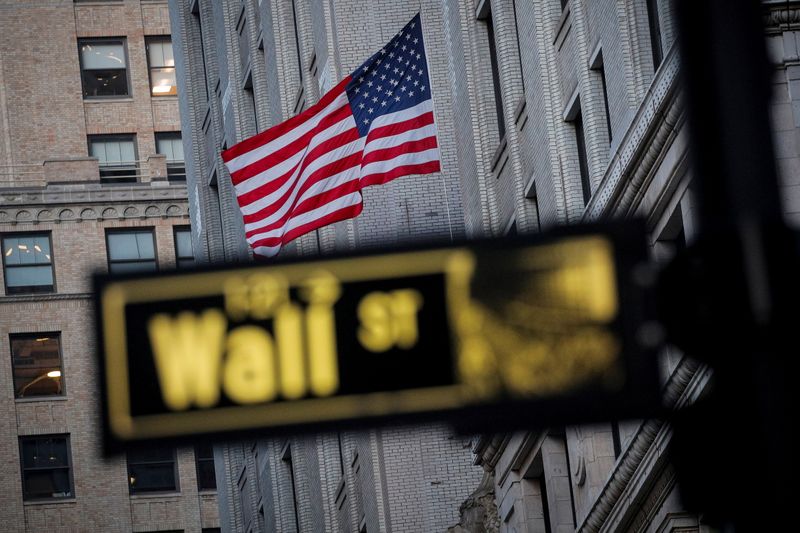By Caroline Valetkevitch and Stephen Culp
NEW YORK (Reuters) - U.S. corporate share buyback levels are slowly increasing after last year's pandemic-driven drop-off in spending, and investors are eager to see how much buybacks may support market gains.
Buybacks are not likely to return this year to pre-pandemic levels, but recent buyback talk from companies has lifted investor hopes that repurchase trends have turned the corner, thanks to optimism over the rollout of vaccines to fight COVID-19.
Netflix (NASDAQ:NFLX) last week said it would explore returning excess cash to shareholders via share buybacks, and investors have cheered recent buyback announcements from some big investment banks.
"Companies are starting to put their foot back in the water," said Howard Silverblatt, senior index analyst at S&P Dow Jones Indices. "That's a good sign, ... it means cash flow is available."
S&P Dow Jones Indices projects share repurchases for S&P 500 companies to have totaled about $116 billion in the fourth quarter of last year, up from $102 billion in the third quarter.
That's still far below the $182 billion in the 2019 fourth quarter, and the record $223 billion in the last quarter of 2018. S&P 500 buybacks are projected to rise to $651 billion in 2021 from an estimated $505 billion last year, based on S&P's data.
Looking at buyback announcements from companies listed on U.S. exchanges, TrimTabs Research said U.S. companies became more bullish toward the end of last year and buyback announcements hit a 15-month high of $88.4 billion in December.
S&P 500 share buybacks reached a peak of $806 billion in 2018, according to S&P, when massive tax breaks for U.S. companies boosted cash levels.
Share repurchases are often cited as a key support for U.S. stocks, and investors are weighing the potential for support with U.S. stocks already at record highs this year. Buybacks decrease the number of a company's shares outstanding, boosting per share earnings and driving down the price-to-earnings ratio, a key benchmark.
"With the market being as expensive as it seems, share repurchases could drive the market that much higher," said Robert Pavlik, senior portfolio manager at Dakota Wealth in Fairfield, Connecticut.
"It adds to the Street's belief that there's an underlying bid, we're not in this alone, and someone else is going to support the stock and that's the company," he said. "It turns out to be a good thing for share prices. But they run the risk of overvaluing stocks, and it speaks to the broader question about why companies are doing it."
In his firm's 2021 outlook, David Joy, chief market strategist at Ameriprise Financial (NYSE:AMP), said the firm's base case is for corporate stock buybacks to gradually increase through 2021, while a more favorable scenario would be for buybacks to "accelerate back to pre-pandemic levels."
Banks in particular have come into the spotlight.
Following the Federal Reserve's second "stress test" of banks for 2020 - which measures banks' financial health and determines if they have sufficient reserves to protect against losses - the Fed in December relaxed restrictions on buybacks. That was quickly followed by announcements from some large firms, including JPMorgan Chase (NYSE:JPM) and Goldman Sachs (NYSE:GS), that they planned to buy back stock beginning in 2021.
JPMorgan's board authorized a share repurchase program of $30 billion.
The S&P 500 Buyback index has tripled in value since the end of the global financial crisis, and its rebound from the pandemic recession was as abrupt as its plunge.
Graphic: SP buyback index and GDP - https://graphics.reuters.com/USA-STOCKS/bdwvkyjlqvm/buyback.png
Silverblatt said not all industries will be prepared to increase buybacks at this point, most notably hotel, entertainment and other industries that have been hit particularly hard by the pandemic.
